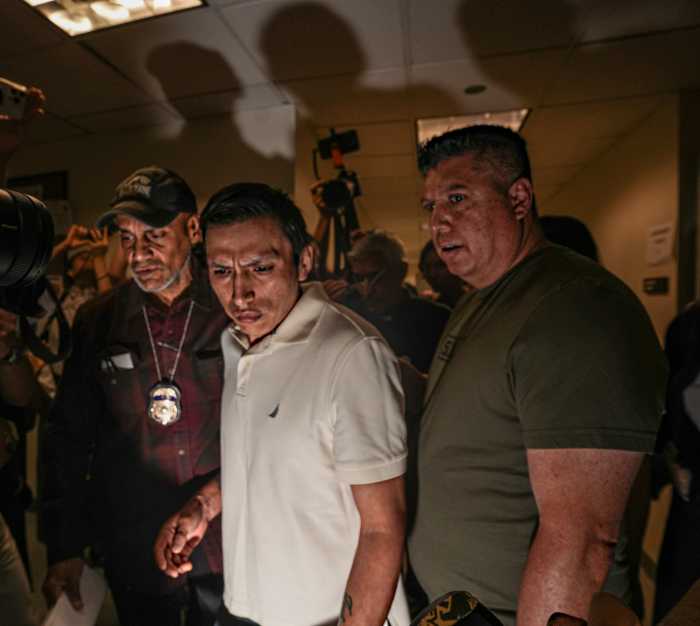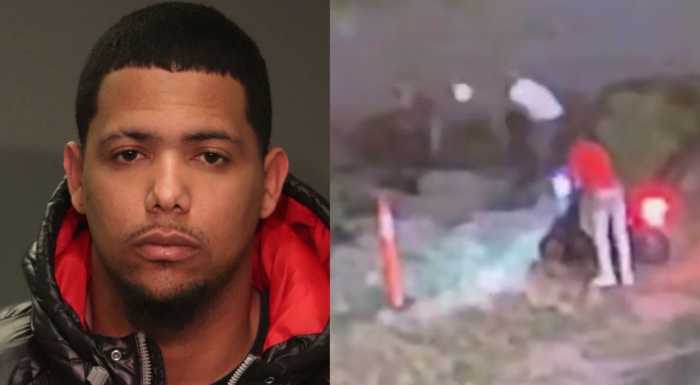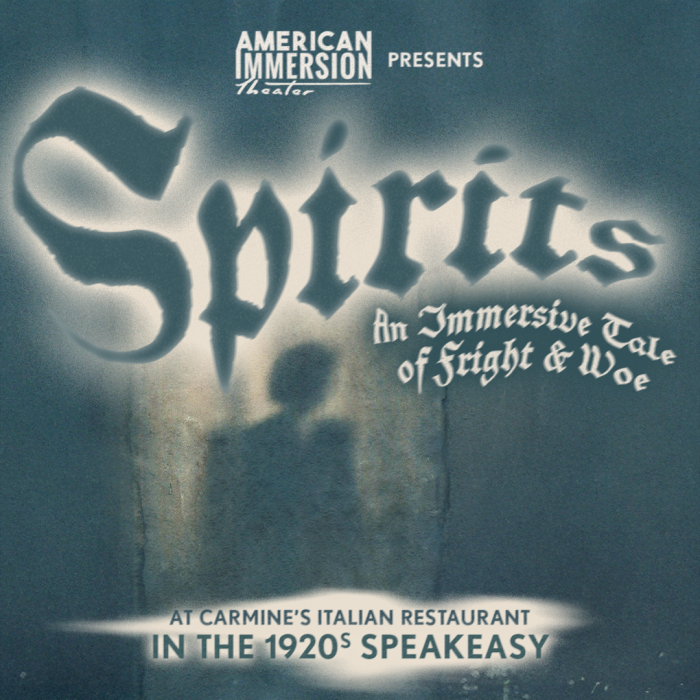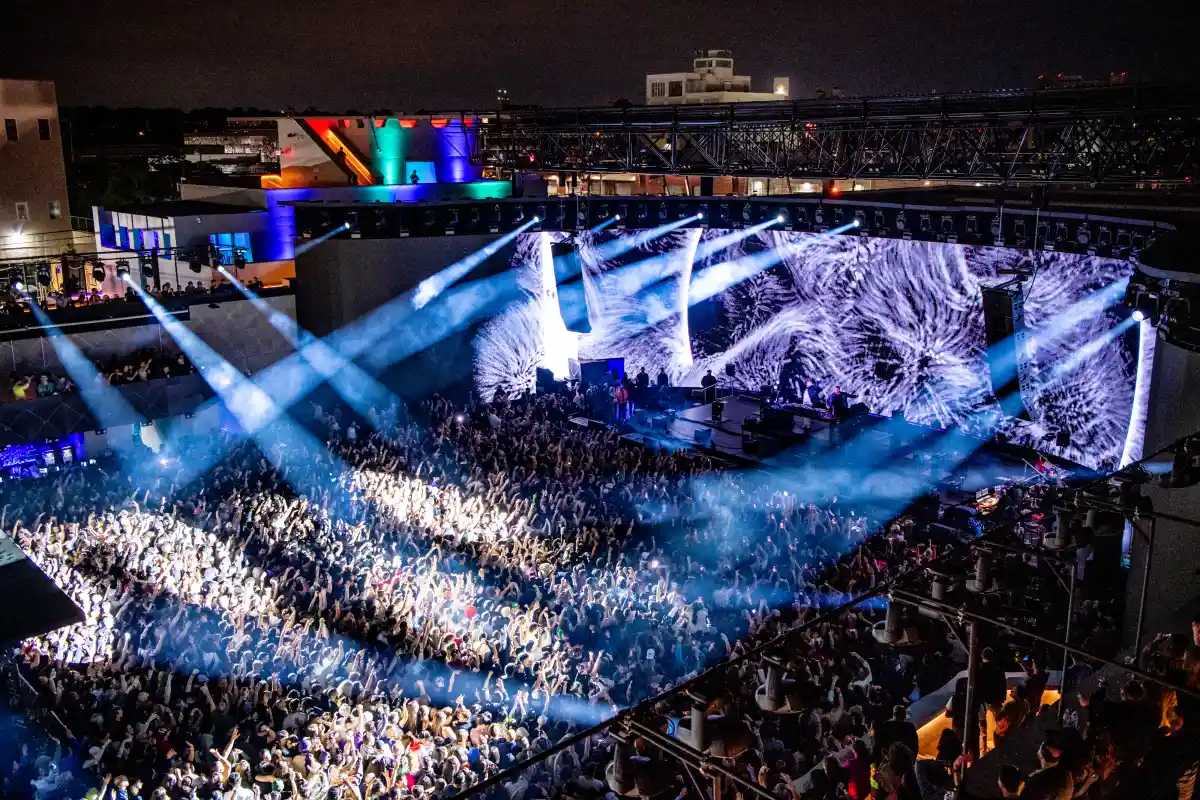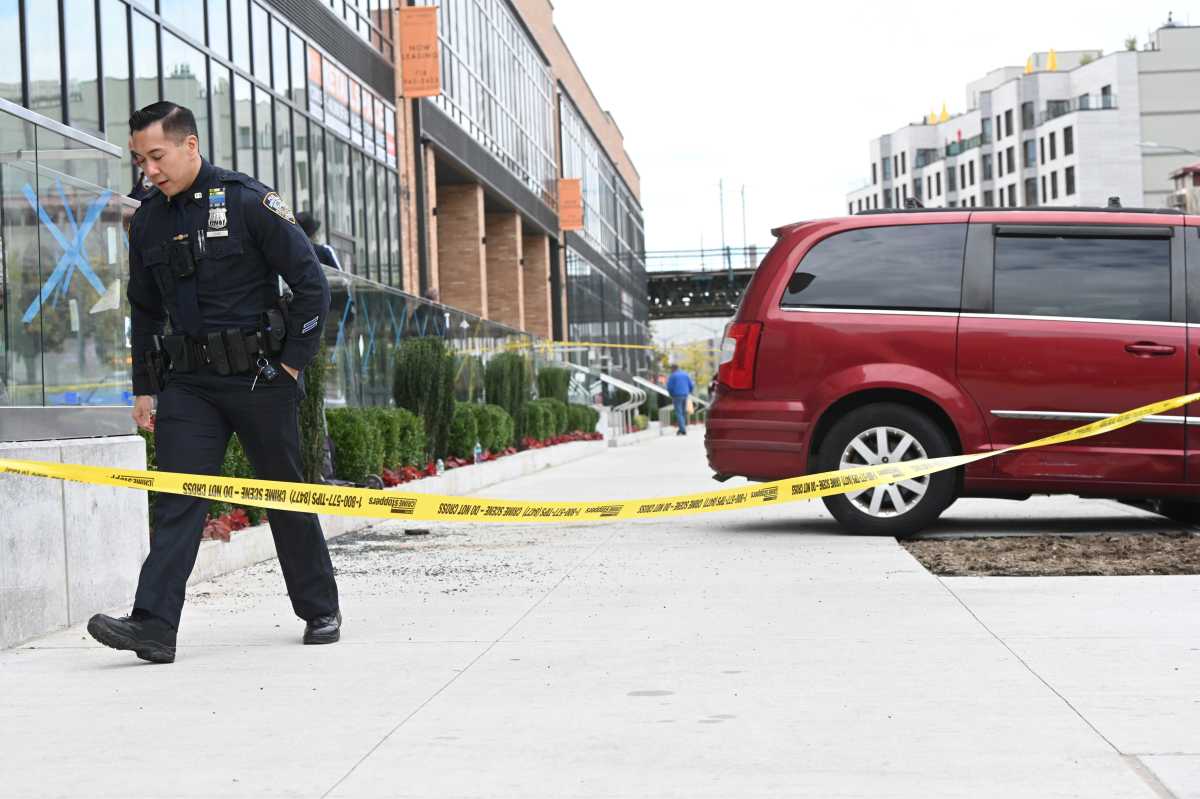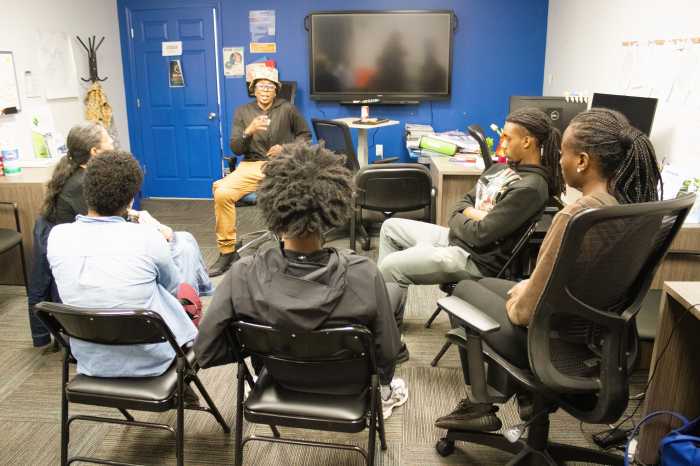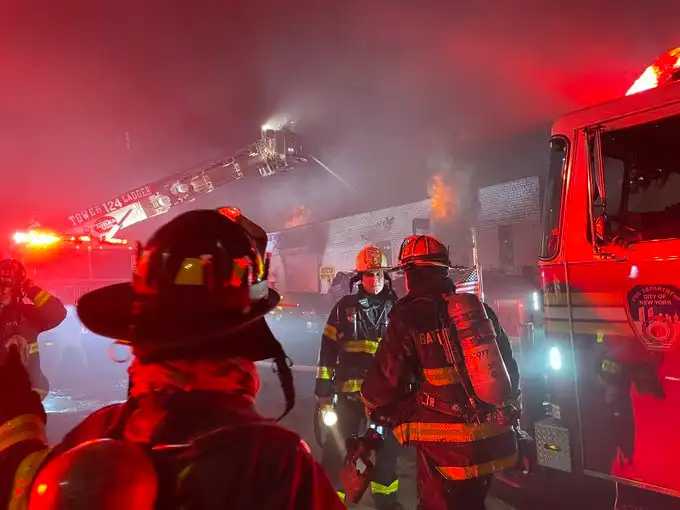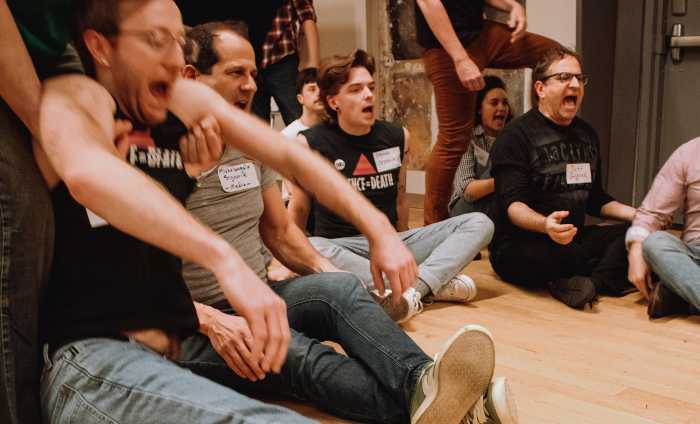The city has entered into a two-year partnership with a faith-based non-profit that will enlist up to 50 houses of worship to offer overnight stays for single adults, mayor Eric Adams announced Monday.
The partnership, which is with the New York Disaster Interfaith Services (NYDIS), comes at a time when the administration is searching for suitable shelter spaces to accommodate tens of thousands of asylum seekers. The joint program will allow up to 50 houses of worship to sign up for hosting as many as 19 single adult male migrants for overnight stays, according to the mayor’s office, and will be funded by the city. At full capacity, the program will accommodate close to 1,000 newcomers.
Adams, during a City Hall press conference announcing the initiative Monday morning, said sheltering migrants in houses of worship is a way to more effectively integrate them into New York City’s many communities.
“This will allow us to help our faith communities shelter those in need of housing using houses of worship throughout the five boroughs,” the mayor said. “It will expand the amount of emergency shelter available to asylum seekers, helping to ease the strain on New York City’s existing shelter system. And integrating asylum seekers into local communities. That’s why this is a win-win. It’s an amazing return on investment. It is allowing us to have asylum seekers be a part of a community because that’s the best way for individuals to really incorporate themselves in the daily lives of New York City.”
Peter Gudaitis, NYDIS executive director and CEO, said this program is a way for houses of worship to fulfill their “sacred calling” to offer shelter to “the stranger,” in this case, Latin American and West African migrants who’ve come here after fleeing their home countries.
“Our opportunity here is to work with houses of worship that have a sacred calling to offer hospitality to the stranger and to give them dignity and hope when they have potentially lost that along their journey here to the United States,” Gudaitis said.
The city’s partnership with faith leaders comes as it has scrambled to find suitable housing for migrants with its homeless shelter system at capacity and over 150 emergency sites online. Adams even last month filed a legal motion seeking to alter Gotham’s legally mandated right-to-shelter in order to give his administration more “flexibility” in finding spaces to house new arrivals.
In its rush to find space, City Hall has turned to housing asylum seekers in school buildings, a judo gym and even a closed Harlem prison.
Over 72,000 asylum seekers have come through the city’s shelter intake process since last spring, Adams’ office says, with more than 46,000 still in its care.
In addition to an overnight bed, houses of worship participating in the program will offer meals, donated clothing and the services that are available at other emergency shelter sites, the mayor said. Those services will be available during the day, while the sites will continue to provide their regular community programming.
Additionally, there will be five larger facilities that will operate and offer services during the daytime that will provide access to food, clothing, showers and legal assistance.
The mayor said faith institutions interested in housing migrants can view the requirements and apply at nydis.org.
In order to qualify, according to the parameters listed on the NYDIS site, houses of worship must have at least six single stall showers, a fire sprinkler system, a functioning commercial kitchen that offers a range of meal options, language access and the ability to fulfill reasonable accommodations. They can also opt for having showers and sprinkler systems installed.
While the mayor said he couldn’t give an exact cost estimate for the program, he noted the per diem cost will be $125 per night, which is far less expensive than the cost of housing migrants in the hotels that make up the majority of emergency shelters. Furthermore, he said costs will vary based on which type of housing the faith-based locations are ultimately used for, whether it be short-term “respite centers” or facilities where migrants will stay for longer periods.
“The more we can put in our faith base locations the better,” Adams said. “I would rather people be in houses of worship, where they’re connected to people, community care and compassion, than being in a congregate setting that’s not connected to those things.”
Read more: Randall’s Island shelter seen as best option




